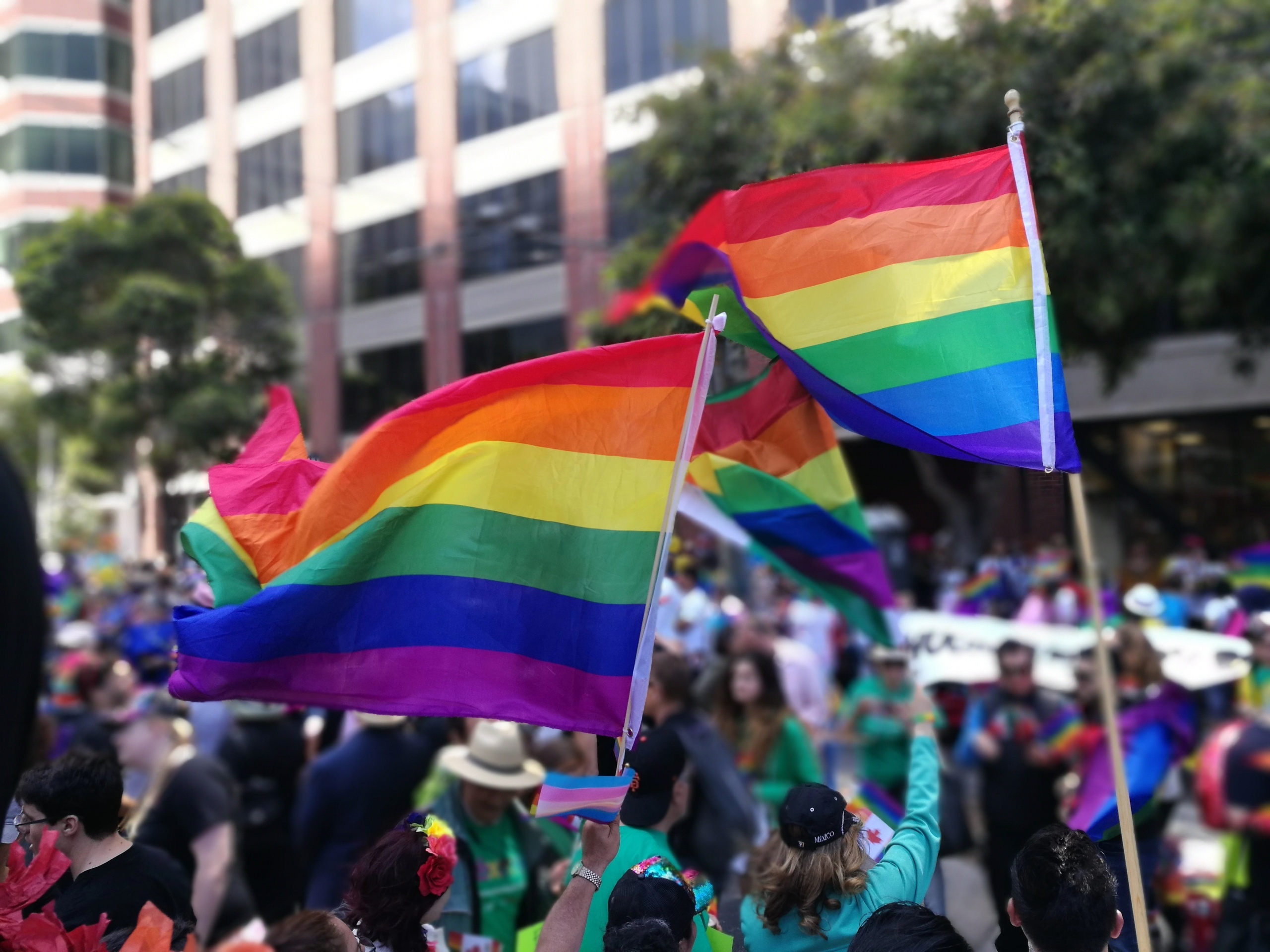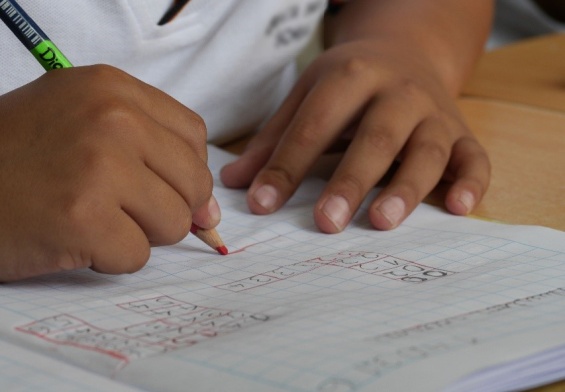In the tapestry of human rights, the threads representing LGBTQ+ rights have been woven with both resilience and resistance. As societies evolve and cultures merge, the global narrative on LGBTQ+ rights, particularly in the realm of employment, has become a focal point of discussion, advocacy, and legislation. The journey towards achieving employment equality for the LGBTQ+ community is a testament to the broader struggle for acceptance, dignity, and equal rights.
Across continents, the legal landscape pertaining to LGBTQ+ employment discrimination is as diverse as the cultures themselves. While some nations have emerged as beacons of progress, enshrining protections and rights for LGBTQ+ workers, others remain entrenched in conservative beliefs, often institutionalizing discrimination. This dichotomy not only underscores the complexities of the issue but also highlights the profound impact of historical, cultural, and socio-political factors on the evolution of LGBTQ+ employment rights.
The global campaign for LGBTQ+ employment rights is not just about ensuring job security or equal pay; it’s about affirming the inherent dignity of every individual, irrespective of their sexual orientation or gender identity. It’s about challenging deeply ingrained biases, dismantling systemic barriers, and fostering a world where talent, dedication, and merit are the sole determinants of an individual’s professional journey.
As we delve into this intricate landscape, it’s essential to recognize the multifaceted nature of the challenge. From legal battles in courtrooms to grassroots activism on the streets, from corporate boardrooms championing diversity to international bodies drafting inclusive policies, the fight against LGBTQ+ employment discrimination is being waged on multiple fronts. And while the path is fraught with challenges, the collective resolve of activists, allies, and forward-thinking institutions offers hope for a more inclusive and equitable future.
A Global Campaign for LGBTQ Workers Protections
The global campaign for LGBTQ+ rights, especially in the realm of employment, has been a journey marked by both triumphs and tribulations. This movement, which began as isolated pockets of resistance, has now evolved into a coordinated global effort, seeking to challenge and change the status quo.
From the bustling streets of New York to the quiet corners of Sub-Saharan Africa, the call for LGBTQ+ employment rights has resonated, echoing the collective aspiration for a world free from discrimination. This campaign, while rooted in the quest for individual rights, has broader implications, challenging societal norms, questioning long-held beliefs, and pushing for a redefinition of traditional values.
In many parts of the world, the very acknowledgment of LGBTQ+ identities was, and in some places still is, a taboo. Against this backdrop, advocating for employment rights becomes even more challenging. However, the global community, driven by activists, legal experts, and supportive allies, has been undeterred. Through strategic litigation, awareness campaigns, and international collaborations, significant strides have been made in securing protections for the LGBTQ+ community in the workplace.
Yet, the journey is far from over. For every nation that enacts protective legislation, there are others where LGBTQ+ individuals continue to face overt discrimination, both legally and culturally. In some regions, the mere act of coming out can lead to job loss, social ostracization, or even physical harm. These stark disparities highlight the uneven progress and the challenges that lie ahead.
However, the momentum generated over the past few decades is undeniable. International bodies, non-governmental organizations, and even corporations have joined the campaign, recognizing the intrinsic value of diversity and the rights of every individual to work in an environment free from prejudice.
As the campaign forges ahead, it carries with it the hopes and aspirations of countless LGBTQ+ individuals worldwide. Their stories, struggles, and successes serve as a constant reminder of the transformative power of collective action and the enduring human spirit’s resilience.
Sexual Orientation Workplace Discrimination: A Global Issue
The issue of workplace discrimination against LGBTQ+ individuals is not confined to any one region or culture; it’s a pervasive challenge that transcends borders, impacting countless lives worldwide. While the nature and extent of discrimination may vary, the underlying theme remains consistent: a denial of basic rights based on one’s sexual orientation or gender identity.
In many parts of the world, LGBTQ+ individuals enter the workforce with a sense of trepidation, acutely aware of the potential biases they might face. This discrimination isn’t always overt. While some might experience direct harassment or be denied job opportunities, others grapple with more insidious forms of prejudice. These can manifest as microaggressions, exclusion from team activities, or being overlooked for promotions despite merit. Such experiences, while seemingly subtle, can have a profound impact on an individual’s mental well-being and professional growth.
The economic repercussions of such discrimination are also significant. LGBTQ+ individuals, when faced with workplace prejudice, often find themselves in unstable employment situations, leading to financial insecurity. This economic vulnerability is further exacerbated for transgender individuals, who often face even steeper challenges in securing stable employment and fair wages.
Although, it’s essential to note that the narrative isn’t uniformly bleak. Over the years, there has been a growing recognition of the value of diversity in the workplace. Many global corporations have taken proactive steps to foster inclusive work environments, implementing policies that actively combat discrimination and promote equality. These initiatives, while commendable, also highlight the economic rationale behind inclusivity: diverse teams often lead to better decision-making and enhanced creativity.
Still, the road to true inclusivity is long and fraught with challenges. In regions where conservative beliefs dominate, even well-intentioned corporate policies can fall short, held hostage by prevailing societal norms. Moreover, the lack of comprehensive data on LGBTQ+ workplace experiences, driven by underreporting due to fear of retaliation, makes it challenging to gauge the true extent of the problem and devise effective interventions.
In this complex landscape, the stories of LGBTQ+ individuals serve as both a testament to the challenges faced and the indomitable spirit of those who persevere. Their resilience, coupled with the efforts of allies and organizations worldwide, fuels the ongoing fight against workplace discrimination, pushing for a world where one’s professional worth is judged solely on merit and not marred by prejudice.
Legal Protections and Their Limitations for LGBTQ Employment Rights
The legal framework surrounding LGBTQ+ employment rights is a mosaic of varying degrees of protection, reflecting the diverse socio-political landscapes across the globe. While some nations have robust legal safeguards in place, others offer minimal or even no protection at all, leaving LGBTQ+ individuals vulnerable to workplace discrimination.
In many progressive nations, legal protections for LGBTQ+ workers have been hard-won, often the result of years of advocacy, litigation, and activism. These laws typically prohibit employers from discriminating based on sexual orientation or gender identity in hiring, firing, promotion, and other employment-related decisions. Some countries have gone a step further, enshrining these protections in their constitutions, signaling a strong commitment to LGBTQ+ rights.
However, the mere existence of these laws doesn’t necessarily guarantee their effective implementation. As the Williams Institute report highlights, “Over 8 million workers in the U.S. identify as LGBT. Employment discrimination and harassment against LGBT people has been documented in a variety of sources and found to negatively impact employees’ health and wellbeing and to reduce job commitment and satisfaction.”1
On the other end of the spectrum are countries where anti-LGBTQ+ sentiments are deeply entrenched in the legal system. In these regions, not only is there a lack of protective legislation, but there are often laws that actively discriminate against LGBTQ+ individuals. Such laws can range from those that criminalize homosexual acts to those that restrict the rights of transgender individuals. In these environments, seeking redress for workplace discrimination becomes an uphill battle, with the legal system itself often being a part of the problem.
It’s also worth noting the role of international agreements and conventions in shaping national laws. Many countries are signatories to international human rights treaties that, while not explicitly mentioning LGBTQ+ rights, can be interpreted to include protections against discrimination based on sexual orientation and gender identity. However, the effectiveness of these treaties is contingent on their ratification and incorporation into national laws, a process that can be influenced by various factors, including political will, public opinion, and cultural norms.
In essence, while legal protections for LGBTQ+ workers are a crucial step towards ensuring equality, they are often just the starting point. The real challenge lies in translating these laws into tangible change on the ground, ensuring that they are not just symbolic gestures but effective tools that safeguard the rights and dignity of every individual, irrespective of their sexual orientation or gender identity.
Challenges in LGBTQ Employment Rights Enforcement
The journey from legislation to effective enforcement is often a complex one, particularly when it comes to LGBTQ+ employment rights. While the establishment of protective laws is a significant milestone, their true impact is determined by how consistently and effectively they are enforced. Across the globe, the enforcement of LGBTQ+ employment rights faces a myriad of challenges, rooted in societal attitudes, institutional biases, and sometimes, a sheer lack of awareness.
One of the primary challenges is the deeply ingrained societal prejudices against the LGBTQ+ community. Even in countries with robust legal protections, these biases can permeate the enforcement mechanisms, leading to a lack of prioritization or even outright neglect. For instance, an LGBTQ+ individual facing workplace discrimination might find their concerns dismissed or trivialized by law enforcement agencies, labor boards, or the judiciary, reflecting a broader societal reluctance to acknowledge and address such issues.
Employment lawyer Ty Hyderally, in discussing the broader context of LGBTQ rights, points out, “While today’s win advances LGBTQ rights in the workplace, members of this community continue to face widespread discrimination in housing, public education, federal funding, credit and the jury system.”³ This statement emphasizes that while there have been significant strides in workplace rights, the broader battle for equality in various spheres of life remains ongoing.
In addition, Zippia’s comprehensive report on LGBTQ+ workplace discrimination further emphasizes the challenges faced by the community. “While LGBTQ+ individuals cannot be fired from their jobs based on their sexual orientation or gender identity, harassment or mistreatment on the job remains prolific. After extensive research, our data analysis team concluded: 46% of LGBTQ+ workers have experienced unfair treatment at work at one point in their lives.”2 Additionally, the report highlights that “36% of LGBTQ+ people have experienced harassment or discrimination in the workplace, making it the second most common space where LGBTQ+ people experience discrimination, behind public spaces (51%).”2 This statistic is a stark reminder that even in places with legal protections, the lived experiences of many LGBTQ+ individuals can be fraught with challenges.
Another significant challenge is the fear of retaliation. Many LGBTQ+ individuals, wary of further discrimination or victimization, might choose not to report workplace violations. This fear is particularly pronounced in regions where coming out or being identified as LGBTQ+ can have severe social, economic, or even physical repercussions. The lack of safe and anonymous reporting mechanisms further exacerbates this challenge, leading to significant underreporting of workplace discrimination incidents.
While the establishment of legal protections for LGBTQ+ workers is undoubtedly a significant step forward, the path to effective enforcement is fraught with challenges. Addressing these requires a multi-faceted approach, combining legal reforms with societal awareness campaigns, capacity building for enforcement agencies, and the creation of safe and accessible reporting mechanisms.
The Road Ahead for LGBTQ Employment Rights
The quest for LGBTQ+ employment rights, while marked by significant progress, is an ongoing journey. As we look to the future, it’s evident that the road ahead is both promising and challenging, requiring concerted efforts from individuals, communities, governments, and international bodies to ensure a truly inclusive and equitable workplace for all.
The global narrative around LGBTQ+ rights is rapidly evolving. With each passing year, more countries are recognizing the importance of safeguarding the rights of LGBTQ+ individuals in the workplace. This shift is not just a reflection of changing legal landscapes but also of broader societal transformations. As younger generations, often more open-minded and accepting, come to the forefront, there’s hope for accelerated change and acceptance.
However, this optimism is tempered by the realities on the ground. In many regions, conservative backlashes threaten to undo the progress made. These counter-movements, often rooted in traditional or religious beliefs, challenge the very essence of LGBTQ+ rights, making the fight for workplace equality even more pressing.
The Williams Institute’s report provides a poignant reminder of the challenges ahead, stating that “Many LGBT people avoid discrimination and harassment in the workplace by not being out to their supervisor and co-workers. Half (50.4%) of LGBT employees said that they are not open about being LGBT to their current supervisor and one-quarter (25.8%) are not out to any of their co-workers.”1 This highlights the personal struggles many LGBTQ+ individuals face in their professional lives, even in places with legal protections.
The corporate world has a significant role to play in shaping the road ahead. As global entities with vast influence, corporations can set the tone for LGBTQ+ inclusivity, not just within their organizations but also in the regions they operate. By implementing LGBTQ+-friendly policies, offering diversity training, and actively supporting LGBTQ+ employees, businesses can drive change from within, challenging societal norms and setting benchmarks for others to follow.
The road ahead for LGBTQ+ employment rights is a blend of hope and hurdles. While challenges persist, the global momentum towards inclusivity is undeniable. With collective resolve, shared learnings, and a commitment to equality, there’s every reason to believe that the future workplace will be one where everyone, regardless of their sexual orientation or gender identity, is valued and respected.
References:
- Williams Institute – LGBT People’s Experiences of Workplace Discrimination and Harassment
- Zippia – 75+ Must-Know LGBTQ+ Workplace Discrimination Statistics [2023]: Rates and Trends
- Ty Hyderally, “LGBTQ Employment Discrimination”, Law Firm Newswire, June 2020




